THR Roma Critics on the Best (and Worst) Movies So Far at the 80th Venice Film Festival
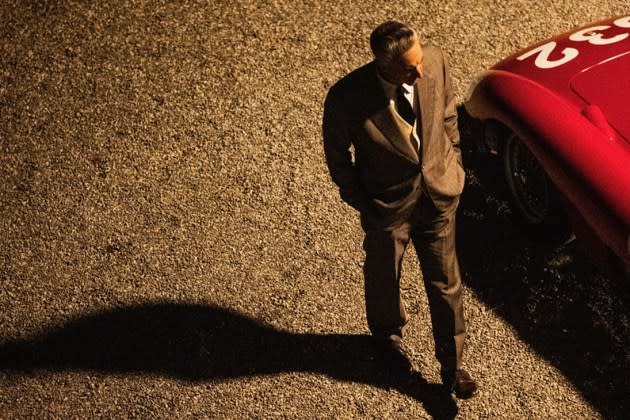
Seven takes on the hits and misses of the 80th Venice International Film Festival, from the reviewers at THR Roma, The Hollywood Reporter‘s first European-language edition, on the hottest Venice titles so far.
Dogman, by Luc Besson
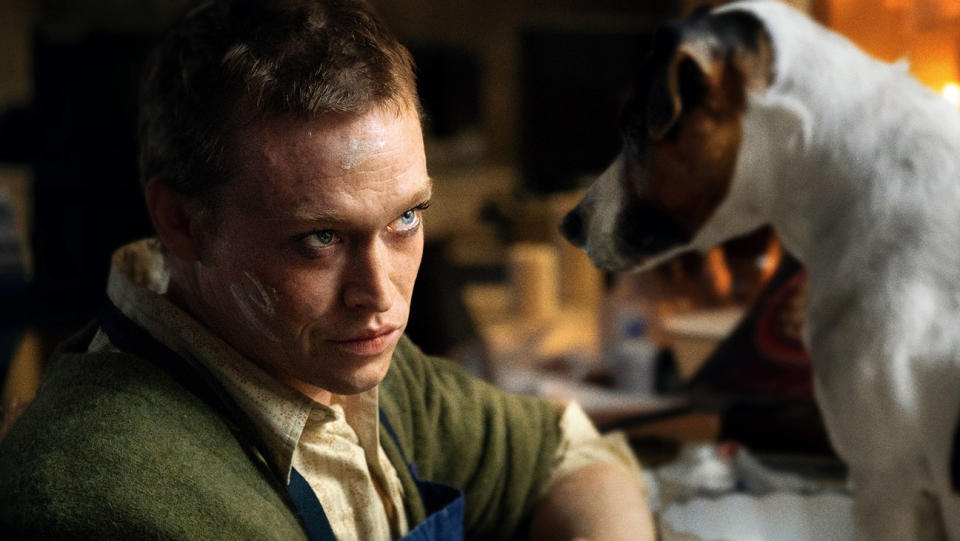
“A bizarre and powerful work that has the stigmata of the best Besson, the one that allows us to glimpse the force, total and invincible, behind a helpless, placid and fragile appearance. Dogman is kitschy and moving as that Caleb Landry Jones who tears you apart when he wears, in his playful and necessary disguises, the most difficult mask: himself.
More from The Hollywood Reporter
“Dogman is Besson’s cinema reclaiming its space after losing it for 20 years, it is the desire to excel and excel without the excuse and fear of showing itself in all its talent. Because measure and subtraction are sometimes just an alibi.”
— Boris Sollazzo
El Conde, by Pablo Larraín
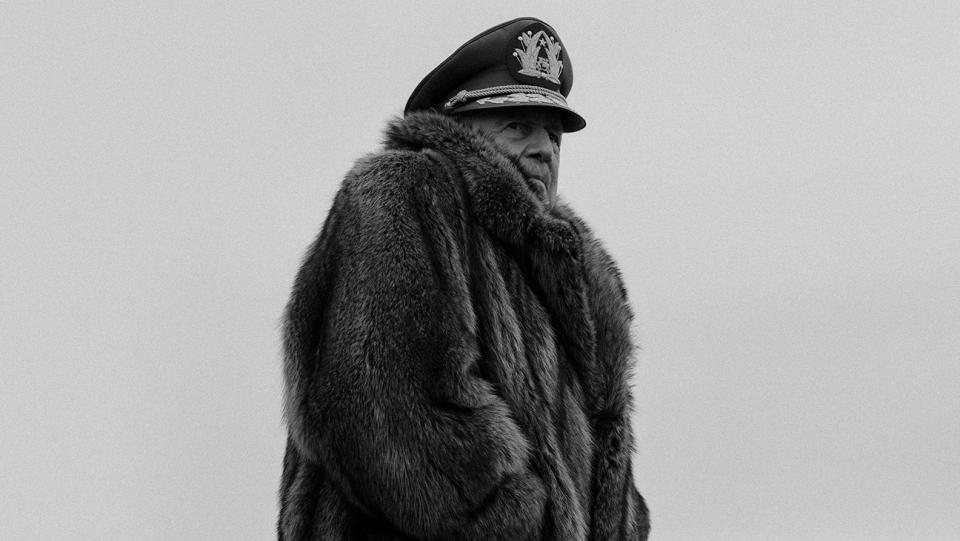
“Larraín hovers above centuries of history and horror using vampires as the metaphor, indeed as the strongest weapon, which also means yielding to their fascination, at least in part. Buoyed by the inexhaustible vampire mythology (prominent among the quotations is a shot of a ship that hints at Murnau’s Nosferatu), Larraín and his screenwriter Guillermo Calderón greedily dive their hands among Pinochet’s crimes true to a central idea.
“Evil is not only eternal, but it unites, it federates, it forces one to stand together even in hatred and oppression. It is not only the weapon, it is also the strongest drug. That’s why El Conde never ceases to oscillate between fascination and repulsion. On the one hand, the lightness of the flight scenes. On the other, the heaviness of those drooping faces…”
— Fabio Ferzetti
Comandante, by Edoardo De Angelis
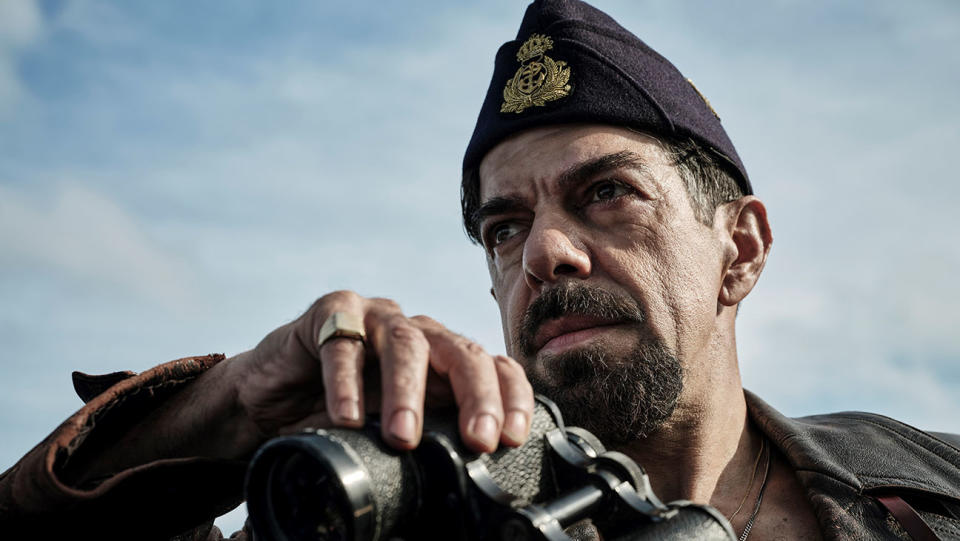
“This is a work that deserves a calm, unprejudiced viewing. And so the advice is: Watch it thinking about how you would have judged it if it had been made 10 years ago. Forgetting the politics. Not a few people will try — to use the submarine metaphor— to launch torpedoes at this film and how it treats the fascism of its main character, Todaro. But that probably says so much, too much, about us as viewers and citizens too little about the film, which celebrates a commander who has the normal (and not ‘barbaric’) heroism of those who enforce the laws of the sea, against all and sundry.”
— Boris Sollazzo
Ferrari, by Michael Mann
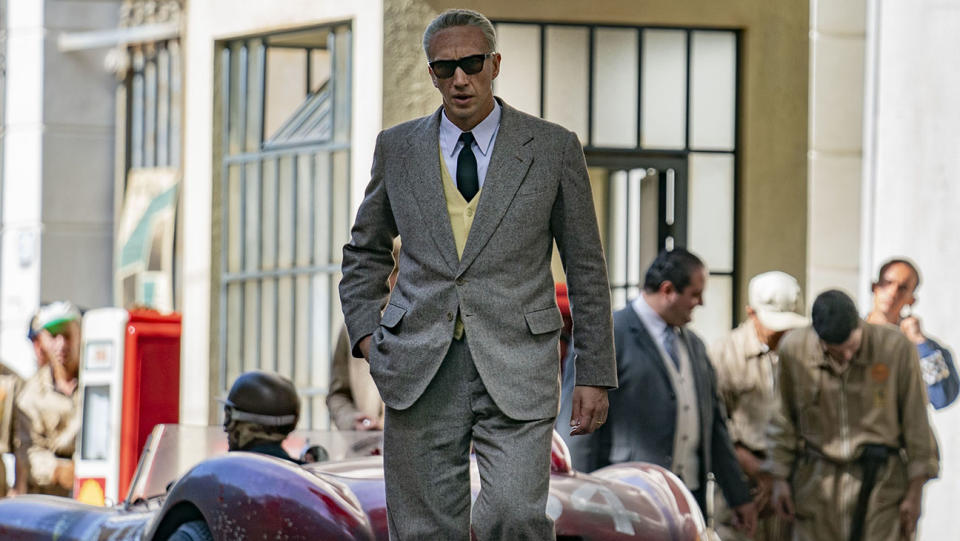
“He neither overtakes nor accelerates. The paradox of Michael Mann’s film is that he shut off the engine in his Ferrari. Ferrari does not look like a Michael Mann movie. Adam Driver’s Enzo Ferrari does not have the ability to make one forget we’re listening to an American actor playing one of the most important Italian men of the 20th century. The suspension of disbelief does not happen. Or at least not to the extent that we can emotionally connect with him, his ambitions or his pain.”
— Manuela Santacatterina
The Palace, by Roman Polanski
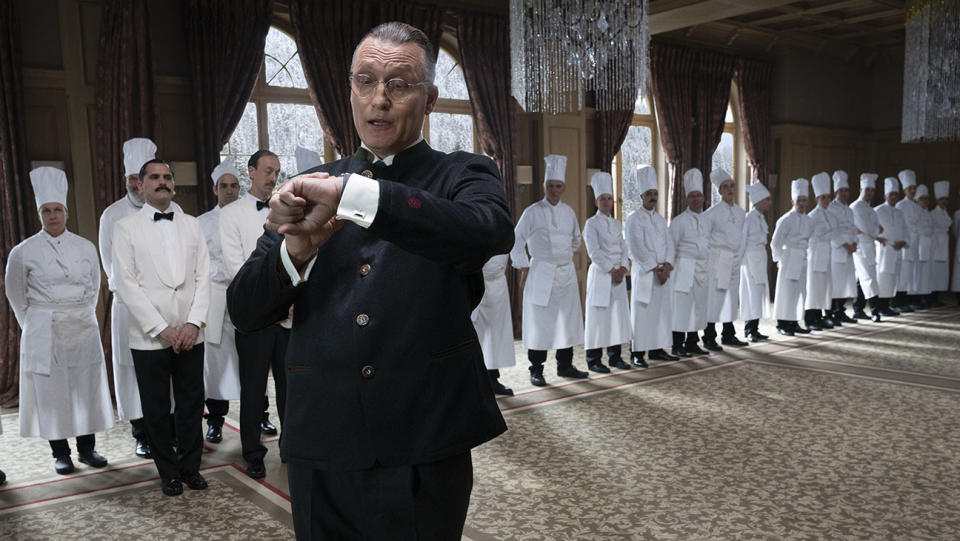
“If Roman Polanski had made The Palace in 2000 (when he was 67 years old), we would probably have said that he had taken a vacation and that we were now waiting for some other masterpiece. His new work is interesting, ferocious… and has a social message. But, in the end, the subject is limited by the script. The Palace works because it is a fierce film. To us, it feels like Polanski’s “fuck you movie”: By staging a gallery of ridiculous and monstrous characters, the great director seems to telling the world to go screw itself. At 90, with all he’s been through, maybe he has good reason to do so.”
— Alberto Crespi
Maestro, by Bradley Cooper
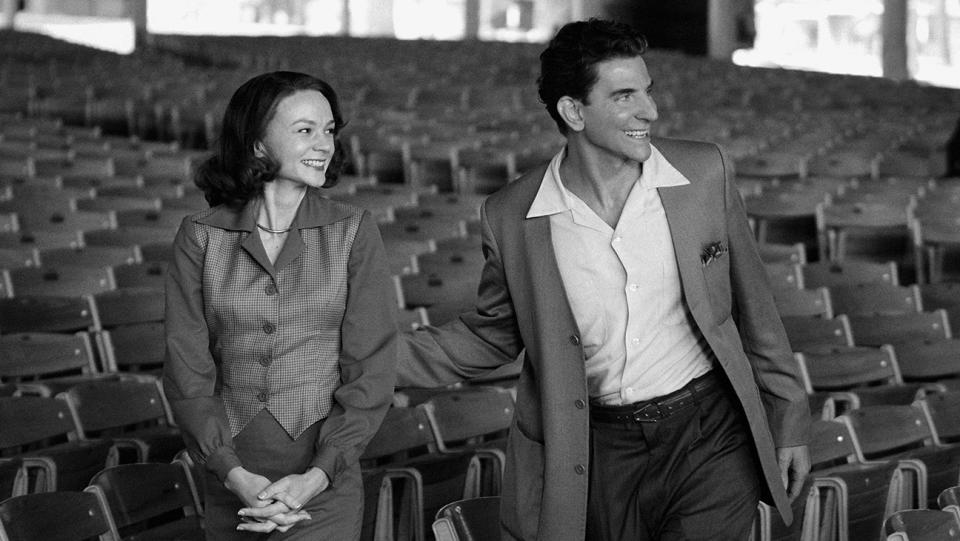
“We have not had a master, a director of great Hollywood auteur works, for years. Bradley Cooper could be, indeed already is, the heir to Sydney Pollack, to Ernst Lubitsch, to all those from the Hollywood past who knew how to use a high and original language in film, who were not afraid to be popular and elegant at the same time.
“Bradley Cooper knows how to move a huge machine: three extraordinary orchestral performances on the set, a black-and-white and a color part that blend perfectly, and his incredible central performance, at once a star turn but always at the service of the story and the other characters. He offers us an epic and sentimental but not pedantic story of a fragile genius, of a talent that was both a gift and a wound that could not heal.”
— Boris Sollazzo
Adagio, by Stefano Sollima

“Adagio is the noir you don’t expect. Rome is burning, and the Romans aren’t doing so hot either. Stefano Sollima’s film is a peculiar and complex object in its stylistic sharpness. His decadent and aching Rome seems even more lost than the pissed-off and violent Rome of Suburra. With their war wounds, the characters of Adagio seem like ghosts of a bygone era. They are accountants of amorality, with no ambition but only greed. They do not want to rule Rome, they do not seek recognition or redemption, they just want to take, willing to do anything for pennies, to survive another day in squalor.”
— Boris Sollazzo
Best of The Hollywood Reporter

 Yahoo News
Yahoo News 
